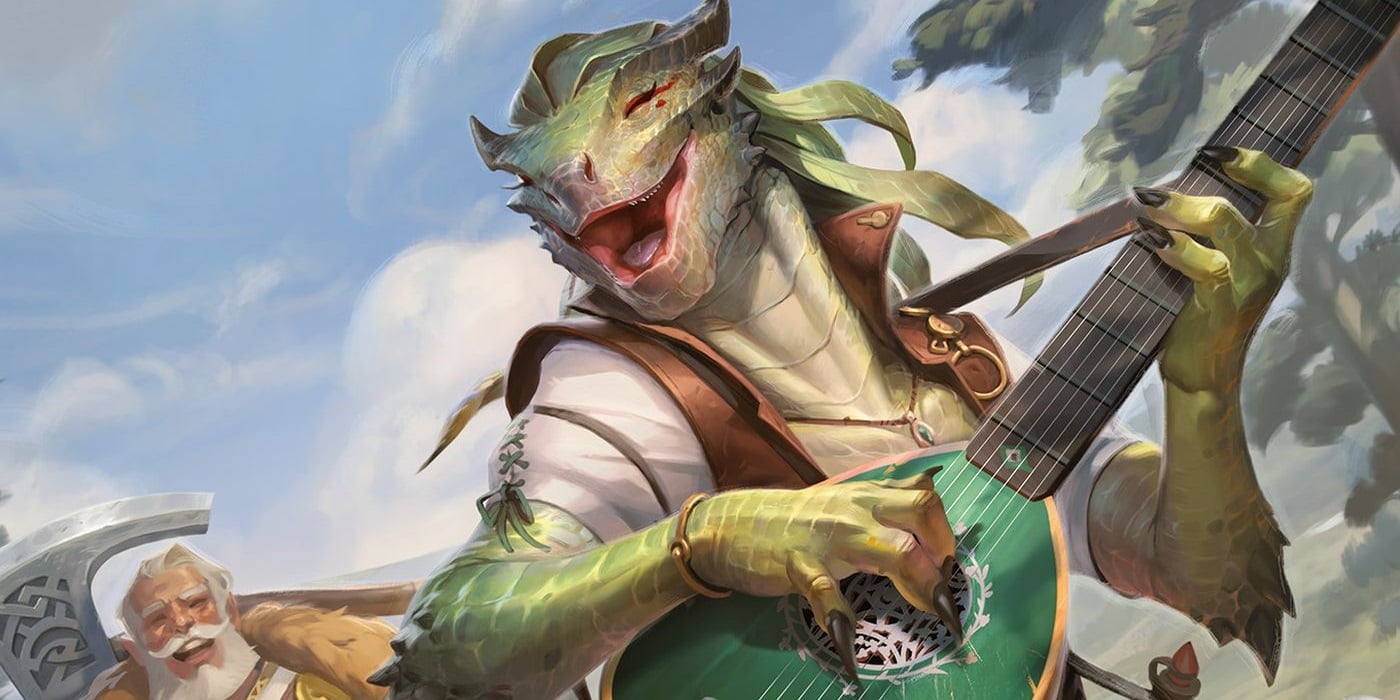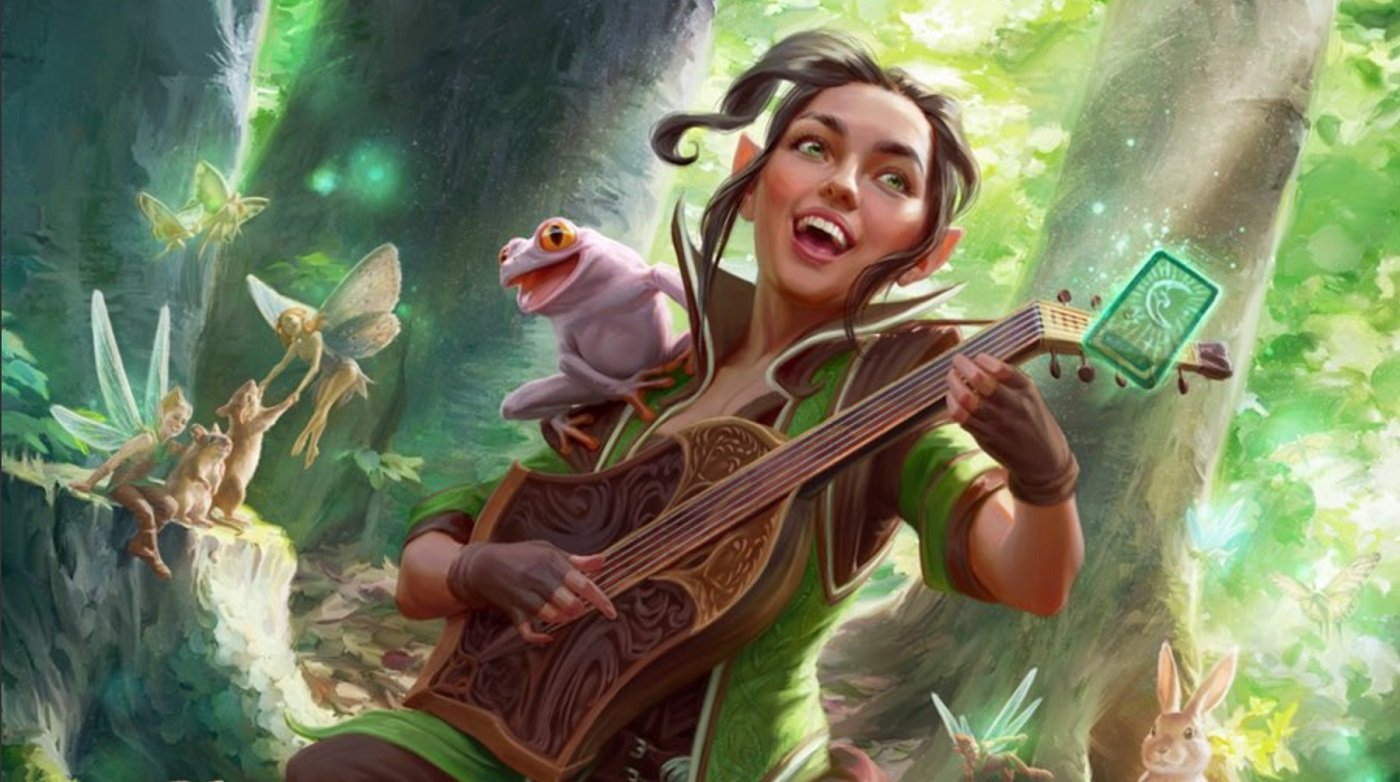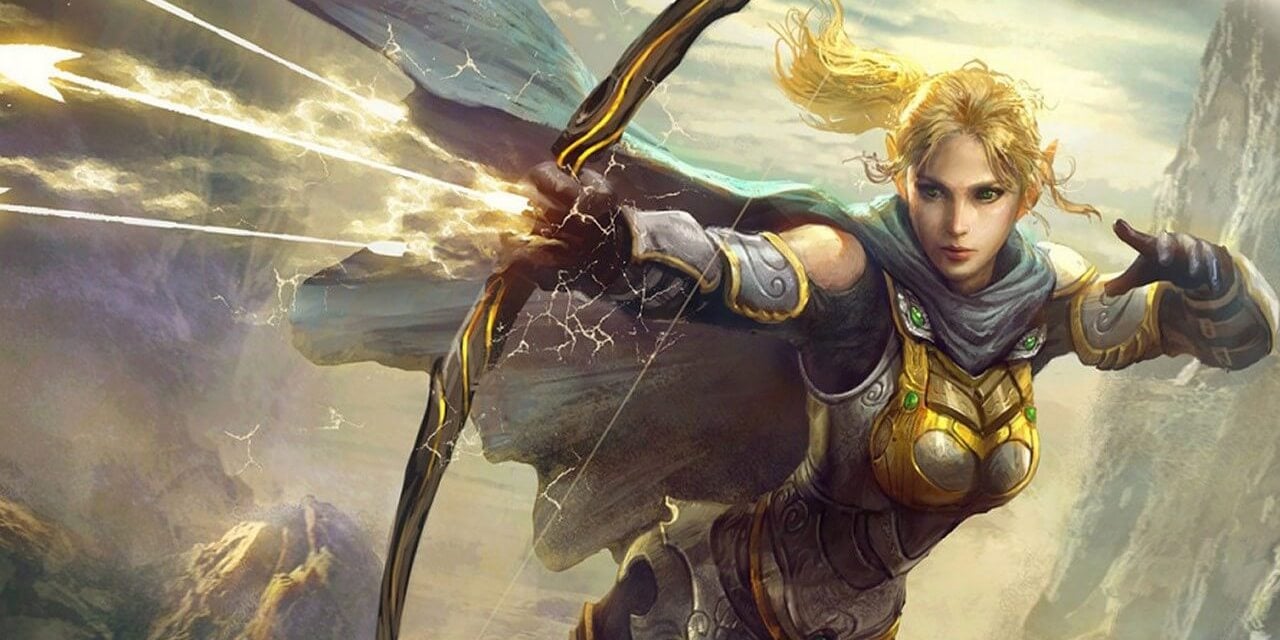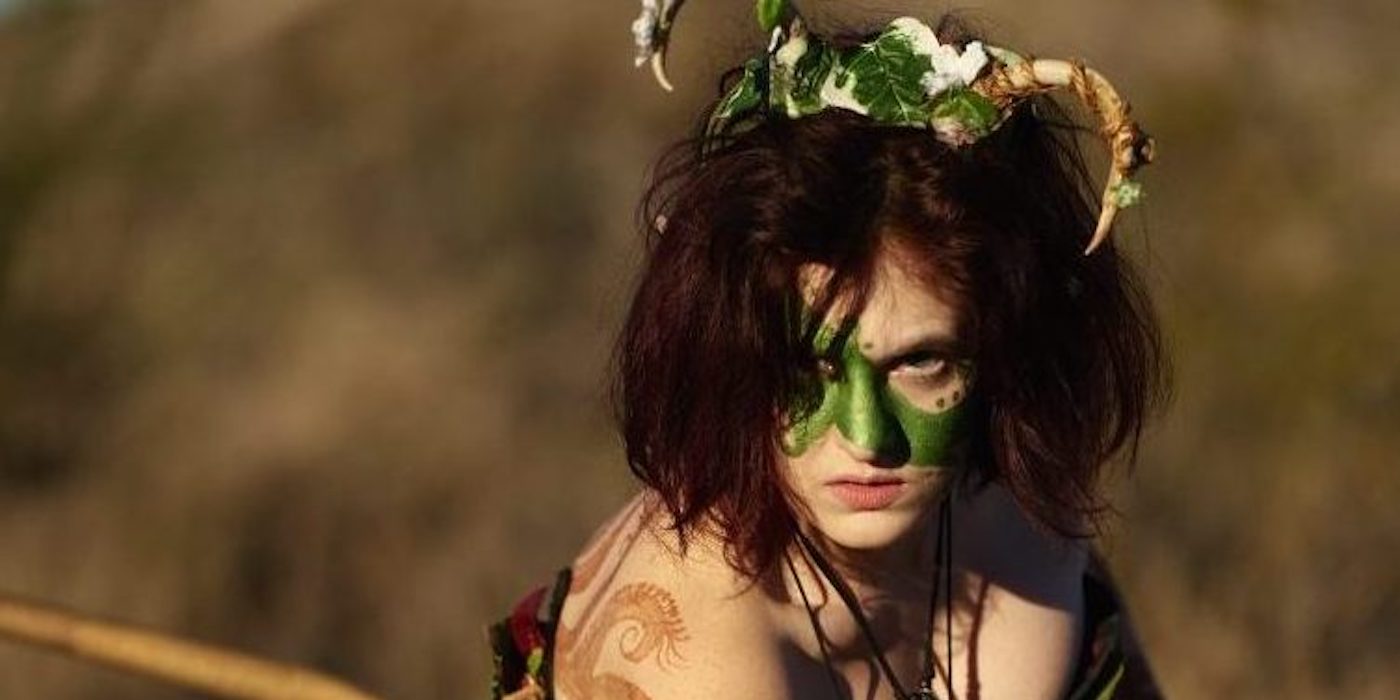D&D: New ‘Expert Classes Playtest’ Reveals New Rogues, Bards, And Rangers

A new One D&D Unearthed Arcana, the Expert Classes Playtest, shows where D&D is taking Rogues, Bards, and Rangers.
Get ready folks, a brand new playtest packet for One D&D hit today. This one revises some of the previous core rules and gives us our first look at what classes will look like in “the future of D&D”. Of particular note, critical hits are back to the way they used to be. And in the Expert Classes Playtest, Rogues, Rangers, and Bards all take the center stage.
One D&D Unearthed Arcana: Expert Classes Playtest
This is the second official One D&D Playtest Packet. Titled ‘Expert Classes’ it showcases the Bard, Ranger, and Rogue. But it’s not just an overview of the new classes. Included along with the playtest is a new Rules Glossary that overwrites the previous One D&D Rules Glossary. Each of the monthly Unearthed Arcanas will revise and tweak the rules.
In the Expert Classes playtest, the critical hit rules have been reverted to the more familiar “double all dice” rules that originally appeared in the Player’s Handbook back in 2014. Likewise, Inspiration has changed so that now instead of getting it from a natural 20 on any d20 test, you get it when you roll a natural 1 instead. Personally, I like this iteration better. It takes the sting out of that failure.
Which isn’t automatic anymore, since those rules are gone too. But more on those later. The biggest change here is the classes. Before we even get to them we have some new ways of thinking about classes, and those are the “class groups.”
Class Groups in One D&D
Each of the classes featured in this playtest belongs to the Expert Group. What does that mean?
In a nutshell, One D&D will categorize every class into a class group. There are four in all: Warrior, Mage, Priest, and Expert.
Warriors are Barbarians, Fighters, and Monks.
Priests are Clerics, Druids, and Paladins.
Mages are Sorcerers, Warlocks, and Wizards.
But the Expert Classes playtest focuses on Experts. These are “polymaths who have the Expertise feature and elements of other classes.” They distinguish themselves by focusing on skills and dabbling in a bit of everything else. Which is what you’d say about the Rogue and Bard. But the Ranger was always a bit more of a spell-using warrior. Now that’s changed. The Ranger fits as an Expert. How?
Well, this is an example of some of the new design mechanics One D&D will use. By having broad groups that they can loosely connect, they can roll out features for many classes at once. All Experts get Expertise (double your proficiency bonus), for instance. But in the list of feats, you’ll see feats that have “warrior group” or “expert group” as prerequisites.
This means that as new classes are added or incorporated — the Artificer, for instance, is also an Expert, but doesn’t appear in the new One D&D core rules — they can be addressed without having to have a whole new ground-up rework.
The other defining feature of Experts is that they’re all dabblers. They zhave features “reminiscent of the other class groups”, which plays into the Bard and Rangers’ similarities of being sort of jacks of many trades. At any rate, you can see it for yourself at the link below.
Check out the Expert Classes playtest
Happy Adventuring







